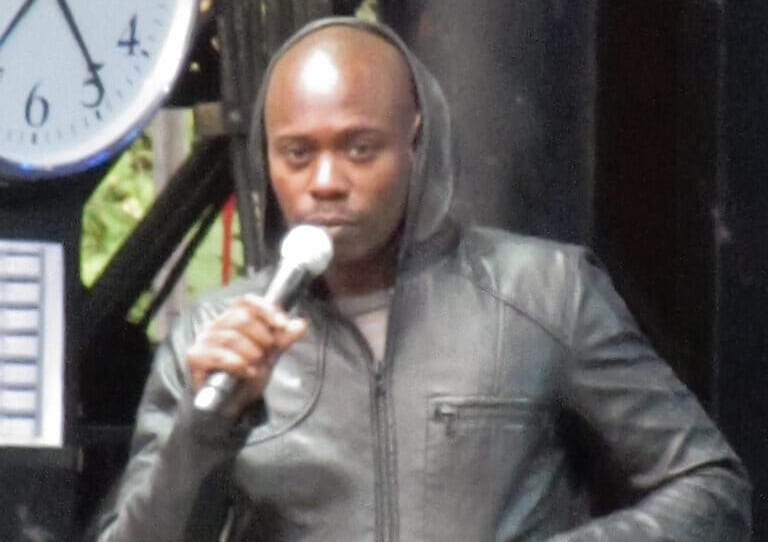Comedian Dave Chapelle’s stand-up routine took an unexpected turn at the Seminole Hard Rock Hotel and Casino in Hollywood, Florida, when he abruptly ended the show after spotting an audience member recording him with a phone. According to local news station WPTV, Chapelle not only called out the individual but also compared the act to wielding a gun, emphasizing his strict policy against unauthorized recording.
The incident highlights the ongoing tension between artists’ desire for control over their work and audience members’ impulse to capture and share live experiences. While fans often crave digital mementos of live events, artists like Chapelle argue that recording infringes on their creative control and disrupts the performance environment.
In this instance, Chapelle’s zero-tolerance stance manifested in him alerting security to the phone-wielding audience member and subsequently scolding the crowd. His decision to end the show early leaves attendees with a truncated experience and raises questions about whether such extreme measures are warranted.
Supporters of Chapelle’s stance emphasize the importance of respecting an artist’s wishes. They argue that recording performances violates intellectual property rights and disrupts the artistic flow, potentially influencing improvisation and spontaneity. Additionally, concerns about online piracy and uncontrolled distribution further motivate artists to enforce anti-recording policies.
However, critics argue that such strict measures can create a disconnect between artist and audience. They contend that fans have a right to document their experiences, especially in an age where sharing online has become the norm. Furthermore, some question the feasibility of completely policing a large audience, suggesting less dramatic interventions could be effective.
The Chapelle incident adds fuel to the ongoing debate about recording live performances. While both sides present valid arguments, finding a balance between artistic control and audience engagement remains a challenge. Ultimately, fostering open communication and mutual respect may be the key to ensuring a positive and enriching experience for both performers and spectators.
It’s important to note that this is just one perspective on the situation. Further details about the specific interaction between Chapelle and the audience member, as well as reactions from other attendees and the venue, could offer a more nuanced understanding of the incident and the broader implications of artist control over live performances.



